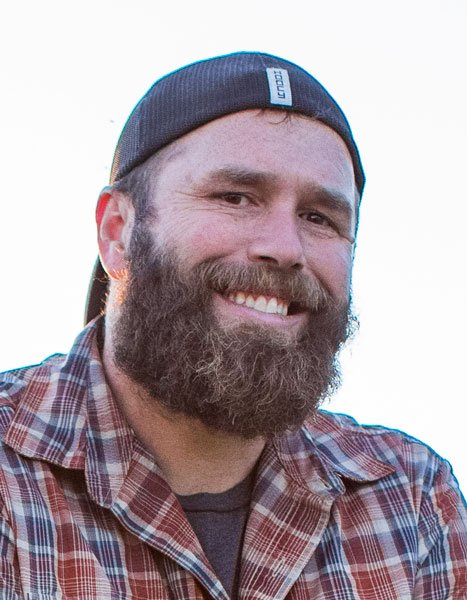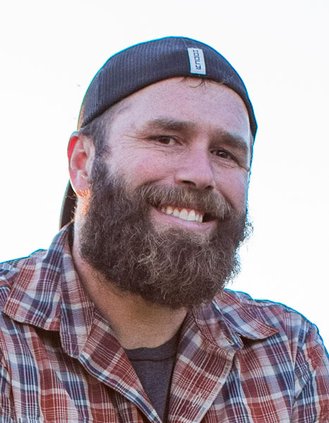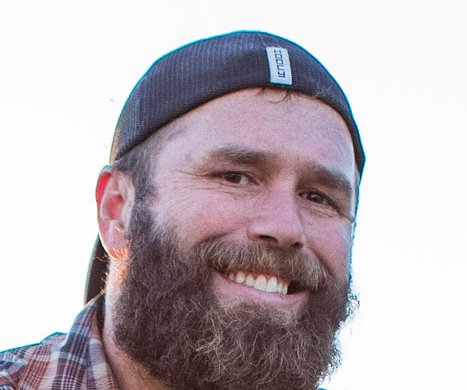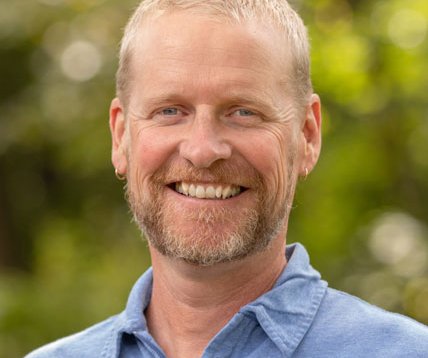My dad called them “hay burners”.
We were strictly a dairy farm when I was growing up. The prevailing attitude amongst dairy farmers at the time was, why on earth would you want to have an animal that doesn’t produce milk, and you can’t eat? My dad was no exception, and never entertained the idea of having horses.
Later in life, my mom got Tootsie. It was not a compromise so much as it was her staking a claim to her own independence on the farm. She always had an interest in horses, and even rode from time to time at various local equestrian centers. Finally one day, she found an older horse for sale and made the deal without asking my dad for permission — she just did it. I was proud of my mom for that.
Tootsie was a grouchy old retired therapy horse that forever altered the dynamic of the farm. My mom absolutely loved her. My dad grumbled at this new addition. I watched with interest from afar, as Tootsie came on board about the time I had discovered motorcycles. I had little interest in horses then, but I did appreciate my Mom’s defiance in obtaining her beloved Tootsie.
Tootsie was on the smaller size, as far as horses go. What she lacked in height, she made up for with a big robust belly — Tootsie was more round, than tall. She was a dark brown color that turned copper in the summer sun, and sported a white streak down her forehead and one white sock. A small shock of white hair adorned her jet black tail; a sort of badge on an otherwise featureless horse butt. Although certainly not a show-winning horse in terms of confirmation, Tootsie’s greatest attribute was her attitude. She safely, albeit somewhat begrudgingly, carried my mom and young visitors around the farm.
When my mom passed in early 2017, Tootsie filled a void in my life that I didn’t fully recognize, or appreciate. I believe Tootsie and I both felt the loss. She had an uncanny habit of answering whenever I called her name. On the farm, I could call out to Tootsie, and she would answer with a resounding, belly-driven whinny. In close quarters, she would knicker softly, as though whispering. Above all else, her vocalizations offered a sense of comfort in the otherwise deafening void following the loss of my mom.
The worst part of caring for animals, is they don’t live forever. Tootsie died in early June of 2019. Despite the heroic efforts of a longtime veterinarian friend, and staying up late with Tootsie, she colicked on an otherwise perfect summer day. Horse people know how terrible colic can be. I checked on Tootsie late that night, and she whinnied loudly in the dark. In retrospect, the tone of her last whinny was like saying goodbye. At some point, she laid down and passed away. Burying my mom’s beloved horse was, in some ways, more challenging than losing my parents. Such is the effect a loving animal can have.
Shortly after Tootsie’s passing I received a message from a friend, “I have a big, gentle 20-year-old paint who isn’t getting ridden a lot, not that he minds … He’s sweet and patient and bombproof. He loves kids and treats … He’s in great health and regular light riding would be good for him.”
A couple pictures accompanied this brief introduction. I saw a big, beautiful, and sleek-looking Paint horse with eyes that exuded personality. On the side of his head was a distinctive heart marking, so perfectly formed that it looked like it was put there on purpose. I made plans to meet this new horse, although admittedly, I knew very little about horses other than possessing a newfound arm’s-length interest. My motivation was to try and build a simple horseback riding program for guests at the farm. Perhaps we could create some riding trails through the wildlife areas and scenic waterways. Hey, I had to start somewhere, and the first thing I needed was a herd of safe and reliable horses to carry guests.
Meeting Chaz was like driving a car solo for the first time — remember that sensation of the first time you held the wheel, put it in drive, and went out on your own? That irreplaceable sense of freedom fraught with risk — but also indescribably empowering?
Chaz willingly let me approach, groom, and pick up his feet. I carefully tacked him, and led him around his property. He dutifully followed my lead. I was amazed that I could feel so at ease in the presence of such a powerful animal. His eyes missed nothing. His gaze was calculated and regarded, nothing like our Brown Swiss dairy cows. I was used to looking into the harmless dreamy vacuum of dairy cattle eyes. Looking into Chaz’s eyes, I saw a commanding, confident presence. There was something there — something primal and universal.
Looking into Chaz’s eyes was pure empowerment. Certainly he could snuff out my existence with a quick swipe of his leg. Yet, looking in his eyes I knew he would do no such thing.
He stood, steady and willing to take my weight as I swung my leg over his torso and settled into the saddle on his back.
— Dan Wegmueller is the owner of Wegmueller Farms and his column appears regularly in the Times. His website is https://www.farmforthought.org.




